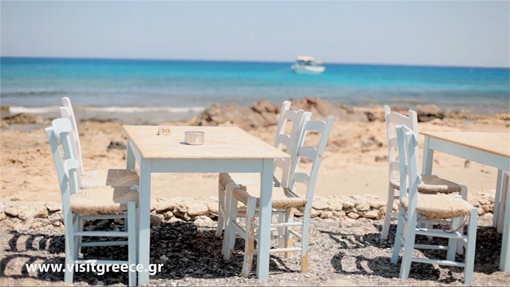The last three weeks have been a traumatic experience for the Greek people. Closed banks, limited cash withdrawals and a feeling of being about to experience something unknown and, likely, very bad, have kept the entire population on the verge of a nervous breakdown.
On Monday 20 July, banks reopened their doors. Capital controls remain in place as remain the limits on cash disposal. Yet, life may be coming back to something closer to what is was before.
The impact of the reforms agreed with the “European partners” certainly will be felt for a long period to come. Together with the pain that further austerity will bring, these reforms will also hopefully transform for the better many features of the way public and private businesses are conducted in Greece.
An improvement of the general situation on the ground is not in sight and may take a long time to be. The road ahead is full of uncertainties and many analysts have predicted yet further shocks down the road as the question of un-sustainability of the debt is addressed. But, at least the feeling of being on the brink of total collapse should be left behind as soon as possible.
However, even if things stabilise, the effect of this feeling will be long lasting and will constitute a permanent reminder to everyone that politics, especially European politics, for as abstract and distant as they may appear to many, do have an immediate, direct and very tangible impact on the lives of normal people -on everybody.
For the Greeks, in spite of the referendum (or precisely because of it), these events have constituted un-refutable proof of how much their lives depend on decisions taken by others, well beyond their borders. It is also a lesson for the rest of the Europeans. Something to think about.
Even if Greece, and Europe, manage somehow to leave this traumatic episode behind in the years to come, things will not be the same again.



